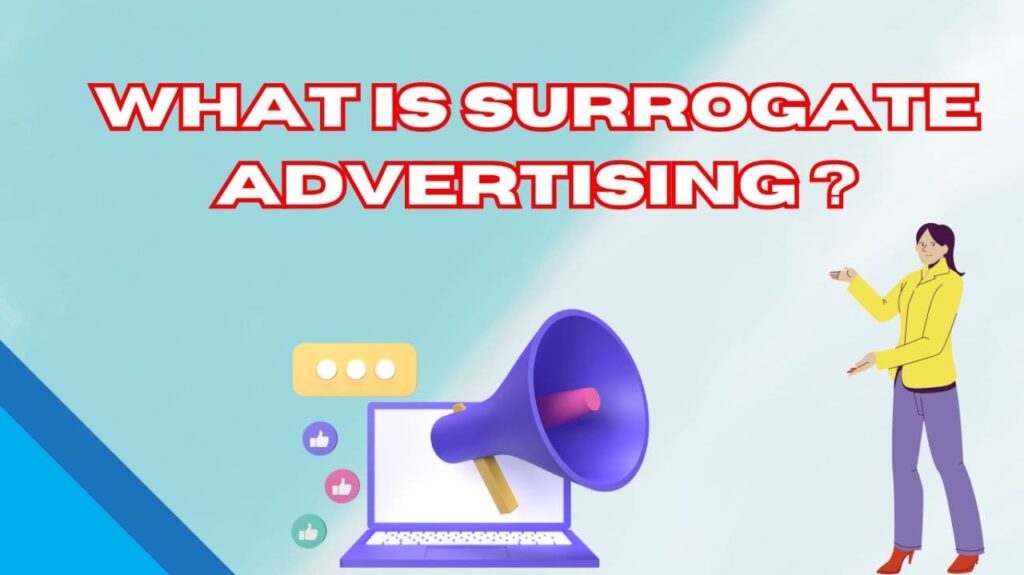What is surrogate advertising?
Surrogating advertising refers to the act of promoting one item or brand to by implication promote another item or brand that is dependent upon lawful limitations. It is regularly utilized when legislatures or administrative bodies force boycotts or impediments on the immediate advancement of specific items like tobacco, liquor, or betting. By publicizing a non-limited item or brand, organizations intend to keep up with permeability and brand review among purchasers while connecting themselves with the confined item.
What are the various types of Substitute Publicizing:
Brand Augmentation:
One normal type of surrogate advertising is brand augmentation. In this method, organizations influence their image value and acknowledgment to present new items or item variations that are not exposed to limitations. For instance, an alcohol brand might present a line of non-alcoholic drinks or a tobacco manufacturer might advance way-of-life items like clothing or embellishments bearing their image logo. This permits them to remain associated with customers and keep up with brand presence without straightforwardly promoting the limited items.
Corporate Social Responsibility (CSR) Drives:
A few organizations, to advertise themselves in a surrogate manner indulge in their corporate social responsibility drives. They feature their commitments to society, natural manageability, or charitable endeavors, in a roundabout way connecting their image with positive social qualities. While these drives may truly intend to have a beneficial outcome, they likewise act for building brand representation and keeping up with buyer commitment.
Sponsorships and Occasions:
One more type of surrogate advertising is through sponsorships and occasion advancements. Organizations support occasions, shows, or sports competitions, and conspicuously show their image logos or names at these events. By adjusting their image to famous occasions, organizations in a roundabout way advance their items or brand without unequivocally disregarding any promoting limitations.
Sponsorships and Events:
Another form of surrogate advertising is through sponsorships and event promotions. Companies sponsor events, concerts, or sports tournaments, and prominently display their brand logos or names at these occasions. By aligning their brand with popular events, businesses indirectly promote their products or brand without explicitly violating any advertising restrictions.
Surrogate advertising is a marketing strategy employed by businesses to indirectly promote products or brands that face legal restrictions on direct advertising. While it allows businesses to maintain brand visibility and consumer engagement, it is not without controversy. The practice raises concerns about misleading consumers, the influence on vulnerable audiences, compliance with regulations, and social responsibility. As advertising continues to evolve, it is crucial for businesses to consider the ethical implications of their marketing strategies and strike a balance between promotion and social responsibility.

